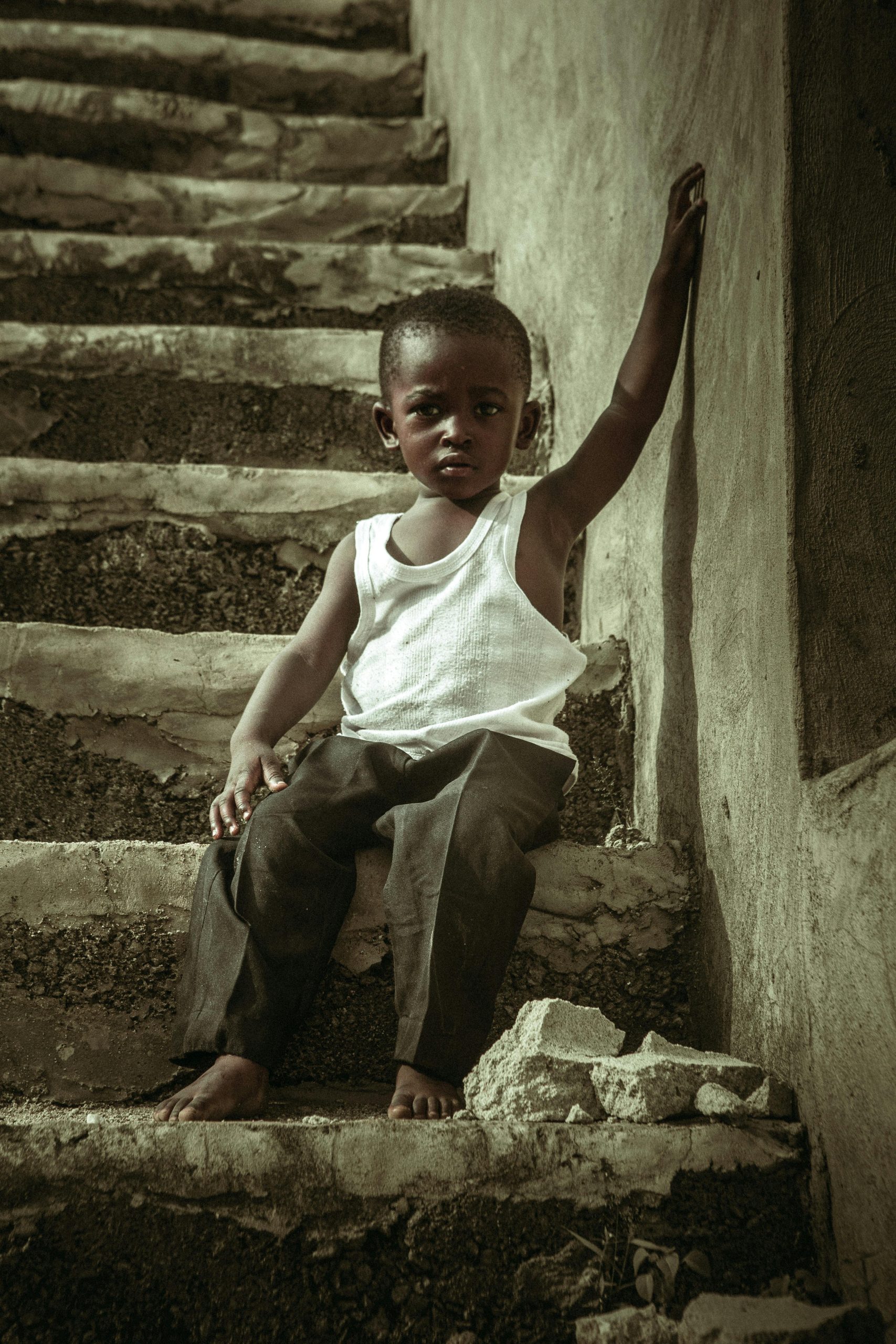The Stark Reality of Poverty in the Wealthiest Nations
Last weekend, while strolling through the serene woods near London, I stumbled upon three hidden homeless encampments nestled among the trees. That evening, as temperatures plummeted to -6°C, the following morning greeted us with a blanket of snow covering the ground. Such stark contrasts reflect the harsh truth faced by many vulnerable individuals in Britain today.
Over the past year and a half, I have unearthed eight similar makeshift camps within a 25-mile radius of London. What is particularly distressing is the proximity of some of these shelters—barely 200 meters away from opulent mansions, many of which stand vacant. Here, the average price of a property can exceed £2 million, surrounded by vast gardens that back onto the very woods providing a semblance of safety for those without homes. These secluded spots offer thick tree coverage, and for the inhabitants, a fighting chance of remaining unseen.
The discovery of these camps was both shocking and thought-provoking. It lays bare the jarring contrast between immense wealth and profound poverty. But should this disparity come as a surprise? Over four million children in Britain currently live below the poverty line, a troubling statistic for the sixth-largest economy in the world. Since April 2020, a staggering 350,000 children in England have been part of households where at least one member has had to skip a meal in the past week.
Inequality in modern Britain surpasses that of ancient Rome, where the wealthiest 1% controlled approximately 16% of the population’s wealth, compared to the current figure of around 21% in the UK. Consider this for a moment: what if every third child you encountered was growing up in poverty? This is not just an abstract concept; it’s our reality.
A recent report by Anne Longfield, the Children’s Commissioner for England, highlights the grim situation and raises the urgent need for action. The fact that 14.3 million people live in poverty—a worrisome 22% of the population, including 34% of children—is a direct byproduct of over a decade of policies by the current government.
This situation is not merely unfortunate; it appears to be a deliberate consequence of political choices. A government supporting a young homeless individual by offering a tent, while failing to address systemic issues, reflects a troubling narrative. This mindset has been fostered over years, transforming views on community, support, and social responsibility


Addressing the Hidden Crisis of Poverty in London
As a London resident, I think it’s crucial to recognize that the visible disparities and hidden homeless encampments underscore a broader issue that extends beyond individual circumstances. The proximity of these makeshift camps to opulent properties highlights the stark inequality that often remains invisible to many residents and visitors alike.
It’s vital that we, as a community, advocate for comprehensive solutions that go beyond surface-level support. This includes:
Furthermore, raising awareness about the systemic issues—such as the lack of social housing investment and the impact of austerity policies—is essential. We need to push for policies that address root causes rather than just symptoms, creating a fairer society where wealth and opportunity are more evenly distributed. Only through concerted effort and empathy can we hope to bridge these growing divides and build a truly inclusive London.